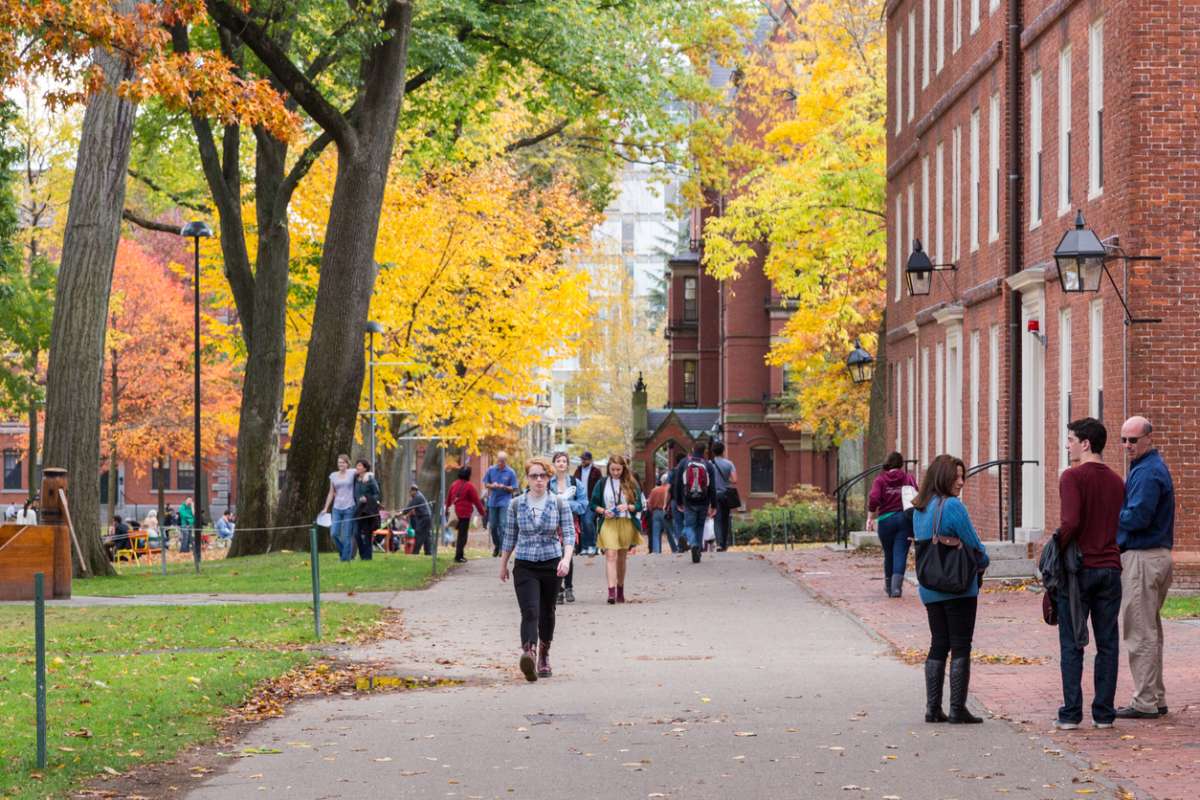The United States is a popular destination for international students seeking high-quality education in business and STEM courses.
However, studying abroad comes with financial considerations, and it's crucial to understand the cost of living in the USA to plan your budget effectively. If you look up the same, you will come across many technical concepts such as cost of living index, consumer price index, inflation, etc.
However, these may not be easily comprehensible. So, in this blog, we hope to provide you with simple yet useful information about some expenses you can expect as an international student in the USA. We will also share some budgeting tips to help you navigate this exciting chapter in your life.

Tuition Fees
Tuition fees for international students in the USA can vary significantly depending on the university and the chosen academic program. Public universities typically offer lower tuition fees, while private institutions can be higher.
On average, undergraduate programs can cost anywhere from $20,000 to $50,000 per year, while graduate programs may range from $25,000 to $60,000 or more annually.
Accommodation
Much like any other country, the USA is home to expensive as well as affordable cities. Since accommodation costs will largely depend on the location of your university, it is advisable to do a thorough city comparison and cost comparison before making your choice. After all, these regional cost differences can have a significant impact on your finances.
Major cities like New York, Los Angeles, and San Francisco have higher rental costs, while smaller towns and suburban areas offer more affordable options.
On-campus housing is a convenient choice, but space may be limited.
Off-campus alternatives, such as shared apartments or homestays, can provide more independence but may come with additional costs.
Food
Food expenses can vary based on your eating habits and lifestyle. While eating out can be tempting, it can also be costly. To save money, consider cooking your meals at home and shopping at budget-friendly grocery stores. On average, budgeting around $200 to $400 per month for groceries and essential food expenses should be reasonable.

Transportation
The US is a vast country, and transportation costs can vary depending on your location and how frequently you travel. Public transportation options like buses and trains are available in major cities, and owning a car might be necessary in some regions.
It would also help to plan your trips and consider cost-effective options to manage this expense.
Health Insurance
International students must have adequate healthcare coverage. Rightly so, health insurance is a mandatory requirement for all international students in the USA. Universities often provide health insurance plans specifically tailored to international students.
The cost of health coverage can range from $500 to $2,000 per year, depending on the extent of coverage and the university's policy.
Miscellaneous Expenses
In addition to the major living expenses, you should budget for other miscellaneous costs, including textbooks, academic supplies, internet and phone bills, and entertainment. Engaging in social and cultural events will also enrich your experience, but it's essential to strike a balance to avoid overspending.

Studying in the USA as an international student can be an enriching and transformative experience.
To make the most of this opportunity, it's vital to be financially prepared. Understanding the major expenses and implementing smart budgeting strategies will enable you to focus on your education, personal growth, and cultural exploration.
With careful planning and resourcefulness, your academic journey in the USA can be both rewarding and memorable.